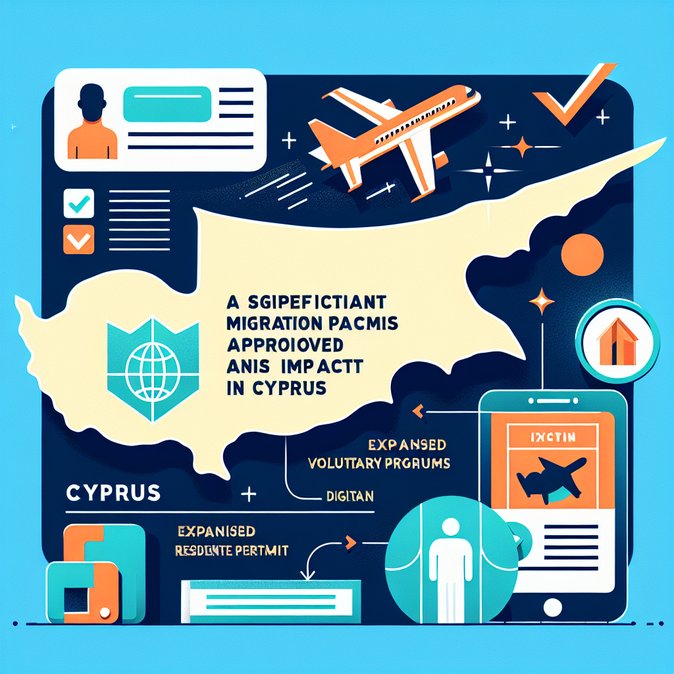
The European Commission on 26 November ruled Cyprus’s 2026 draft budget ‘compliant’ with Stability-and-Growth rules, freeing Nicosia to move ahead with a €75 million migration envelope that expands voluntary-return incentives and accelerates digitisation of residence permits. Deputy Migration Minister Nikos Ioannides told MPs that a third of the allocation will fund charter flights and cash grants for Syrians opting to repatriate, while €12 million is set aside to roll out biometric residence cards by Q4 2026.
For employers running intra-company transfers, the budget means shorter processing queues: the Civil Registry will add 45 case-workers and a dedicated e-platform for posting-of-workers notifications. A pilot API will link the new cards to the labour ministry’s payroll database, allowing HR teams to verify work-authorisation status in real time.
![EU Says Cyprus 2026 Budget Compliant, Earmarks Extra Funds for Voluntary Returns and Digital Permits]()
The Commission did flag a 6.5 % spending uptick that risks breaching net-expenditure caps, but Brussels said the migration line-items were "structural and one-off" and therefore permissible. The green light reassures relocation specialists that Cyprus will maintain its fast-track ‘Business Facilitation Unit’ for third-country tech staff through at least 2026.
Multinationals with large expat cohorts should, however, budget for modest fee hikes: the draft law raises pink-slip processing charges from €70 to €85 and introduces a €50 biometric-card issuance fee, effective 1 July 2026.
For employers running intra-company transfers, the budget means shorter processing queues: the Civil Registry will add 45 case-workers and a dedicated e-platform for posting-of-workers notifications. A pilot API will link the new cards to the labour ministry’s payroll database, allowing HR teams to verify work-authorisation status in real time.

The Commission did flag a 6.5 % spending uptick that risks breaching net-expenditure caps, but Brussels said the migration line-items were "structural and one-off" and therefore permissible. The green light reassures relocation specialists that Cyprus will maintain its fast-track ‘Business Facilitation Unit’ for third-country tech staff through at least 2026.
Multinationals with large expat cohorts should, however, budget for modest fee hikes: the draft law raises pink-slip processing charges from €70 to €85 and introduces a €50 biometric-card issuance fee, effective 1 July 2026.








